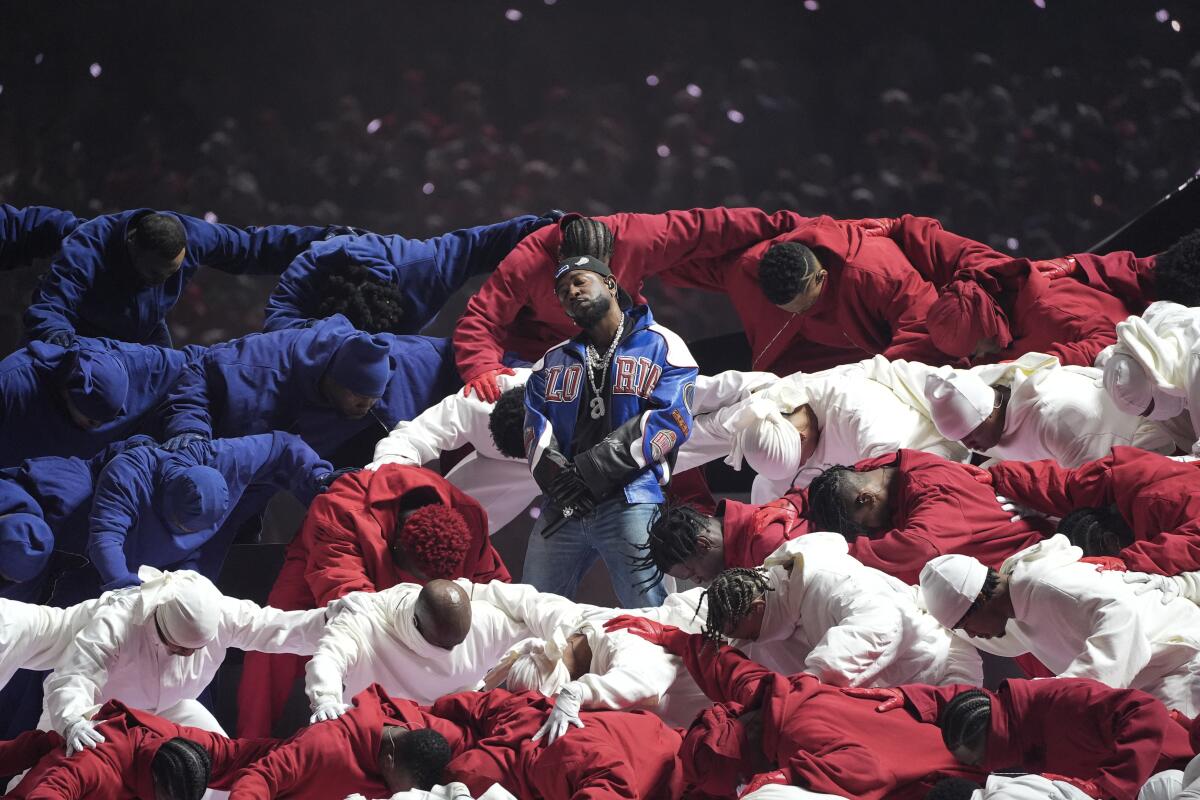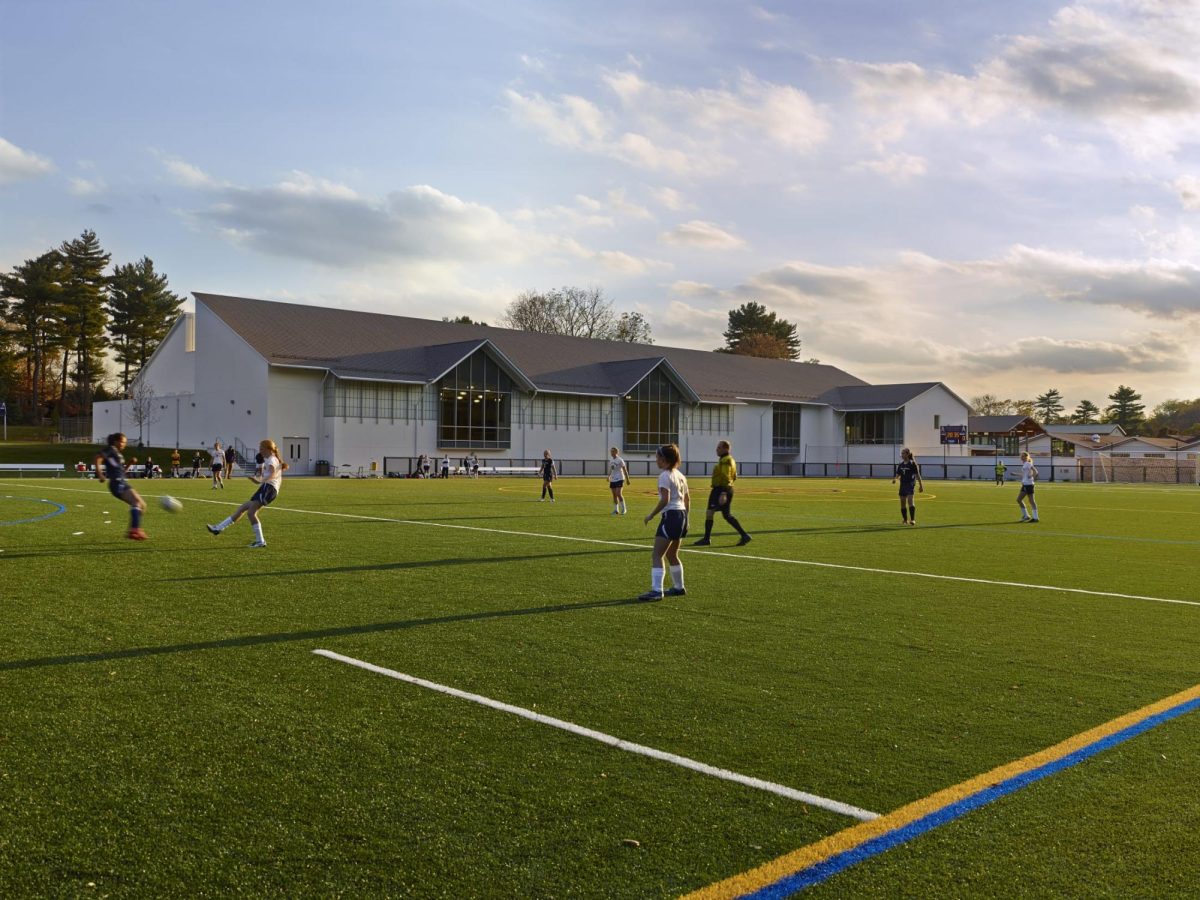School during summer break is arguably the greatest torture imaginable to the weary student, hence the typical lack of enthusiasm pertaining to summer programs amongst the world’s teenage population. In the thick of winter midterms, sleep-deprived minds tend to focus upon a future of beach-lounging with friends, banishing advertisements of pre-college summer camps and other academic nightmares to the depths of their junk mail. While such a reaction is understandable, these programs are seldom the educational nightmares they appear to be at first glance. Rather, they can be opportunities to experience a taste of university life, form connections with different people, hone a specific skill, and define one’s identity in an environment unburdened by the past. Although spending a few weeks as a college student seems daunting, keeping a few simple things in mind during the search process and time on campus makes a summer opportunity all the more valuable.
From my experience, the most difficult part of these programs is selecting which ones to apply to. The hundreds of advertisements piling up in my inbox were intimidating when I first decided that I wanted to pursue a summer college opportunity. Furthermore, painstakingly sorting through all of these promotional emails was out of the question. Overwhelmed with the options before me, I set out to determine what I hoped to gain from the experience in specific detail, before centering my search upon those particular desires. This small act enabled me to filter through the hundreds of opportunities at my fingertips, measuring how they aligned with my goals, before settling upon the perfect fit. Thus, I recommend defining one’s aim for the experience as a strategic first step in deciding what type of program to apply for. This motivation will guide the search process. For example, a desire to experience college life and explore a certain campus, as was my case, warrants looking into summer options at a dream school. However, wanting to hone a specific skill or discipline might gear one’s search to more selective, focused opportunities, such as the Iowa Young Writers’ Studio, or MIT’s Women’s Technology Program. Nevertheless, the primary motivation behind selecting a summer program should never be to secure guaranteed admission to a school. Attending a pre-college program will have little isolated effect on a student’s transcript, though it can signify interest towards that college or university. With a goal in mind, a simple Google search or browse through emails is easier to navigate and yields far more useful results than attempting to choose a program blindly. Ultimately, defining an aim for a summer program can ease the search process, diminishing much of the stress and time associated with the experience. Ambitions, however, should always be centered around one’s personal growth rather than an attempt to please an admissions officer.
After the selection and application processes are complete, summer programs are, for the most part, stress-free. Settling in, however, can be daunting. Fortunately, a few strategies I employed helped me adjust to campus life, such as bringing my own fan. Most college dormitories were not designed to house crowds in the summer. While some have air conditioning, access to such a luxury is not guaranteed, especially when staying in older buildings. Thus, a portable fan is a crucial purchase before moving in, guaranteeing restful sleep after each day of activity concludes. Additionally, learning the campus ahead of time hastens the transition process since familiarity brings comfort, and time spent exploring these places with new friends promises warm memories. Being away from home can feel disconcerting, but a campus can eventually feel like home, if only for a short while.
Ultimately, to make the most of a summer pre-college experience, avoid focusing too intently on general ambitions for the program. Allow for time to enjoy the moment and surrounding people, engaging with the daily itinerary without setting too high of standards for the end result. Most summer programs are too short to complete some lofty goal, or yield a passion project; understanding campus culture and the type of people a school attracts is a far more attainable and rewarding takeaway. Go shopping, grab coffee with friends, engage in activities, and explore as much as possible. After all, it is summer vacation.





